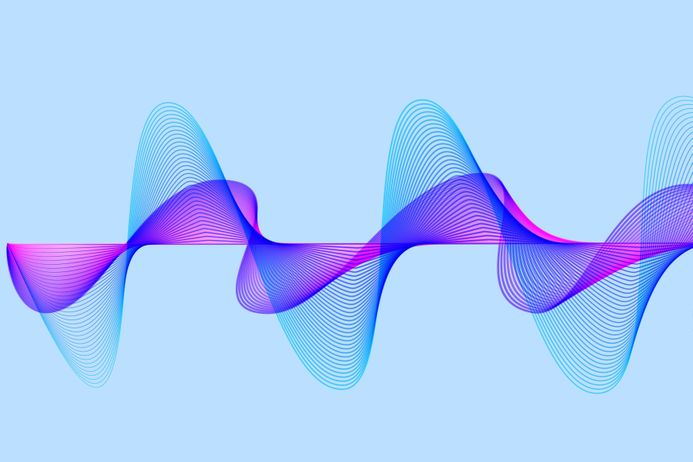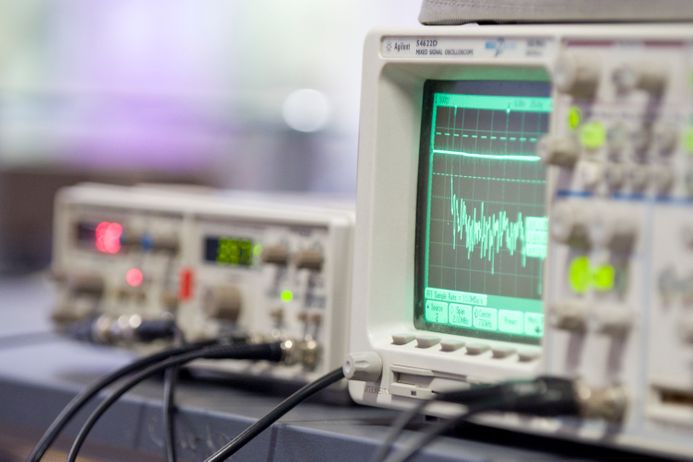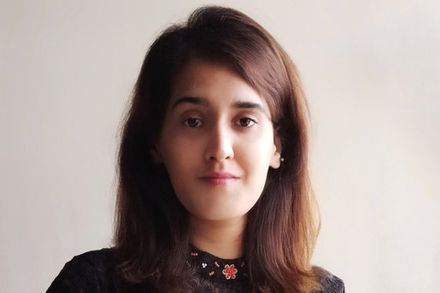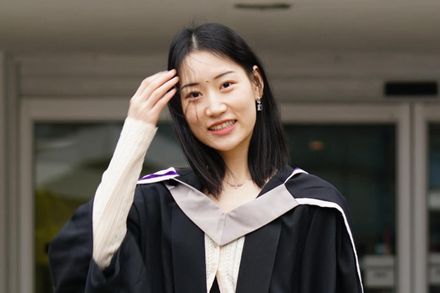I have been working as a postgraduate researcher at Imperial’s department of Electrical and Electronic Engineering for almost two years. I am working in biomedical signal processing. Before moving to London, I also worked as a research associate for almost four years alongside my masters’ degree. This experience allowed me to enhance my skills as a researcher and identify the problems that interest me. Besides work, I like to hang out with friends and travel!
Interview with Farwa
Hear from Farwa Abbas, who is doing research into biomedical signal processing from the brain and muscles.
Education
![]() GCSE (or equivalent): High school in Pakistan with subjects Physics, Chemistry, Mathematics, Computer Science, English, Social Science
GCSE (or equivalent): High school in Pakistan with subjects Physics, Chemistry, Mathematics, Computer Science, English, Social Science
A-Level (or equivalent): Pre-Engineering with Physics, Chemistry, Mathematics and English
Degrees:
• BSc Electrical Engineering, University of Engineering and Technology Lahore, Pakistan
• MS Electrical Engineering, Lahore University of Management Sciences, Pakistan
• PhD in Electrical and Electronic Engineering (on-going), Imperial College London
Detail about Farwa
My research
I am working on modelling biomedical signals recorded from human brain and muscles to infer coordination between signals recorded from different regions. This type of information is essential in diagnosis and treatment of movement disorders such as Tremors and Parkinson’s disease.
My inspiration
I have been fortunate to get the opportunity to learn from some of the well-versed teachers who have guided and supported me throughout the course of my studies. I have drawn inspiration from a few of my exceptional teachers to pursue a career in engineering.
Who is your STEM hero?
My STEM hero is one of the greatest physicists of all times, Albert Einstein. He is a truly iconic science hero not just because of his approach towards understanding the nature of the universe but also because of his compassion towards people. I believed he has contributed to our society in multitude of ways.

Most significant discovery/invention?
The discovery of Electromagnetic Waves. It was an integral part of the riddle that helped to connect the dots between ideas of electricity, magnetism, and light which revolutionized our fundamental understanding of the universe.

Career options after study
Signal processing has broader applications in various industries including healthcare, industrial maintenance, econometrics, the food industry, and information technology.

My hobbies
Apart from studies, I like to sketch, and paint. I enjoy travelling with friends and exploring new places. Sometimes, simply listening to music to help me unwind.
Farwa talks about her research
Farwa talks about her research into modelling biomedical signals recorded from the human brain and muscles.
Learn more about others working in this area
Outreach Newsletter
Sign up to our newsletter and mailing list for updates about Outreach events and activities.



